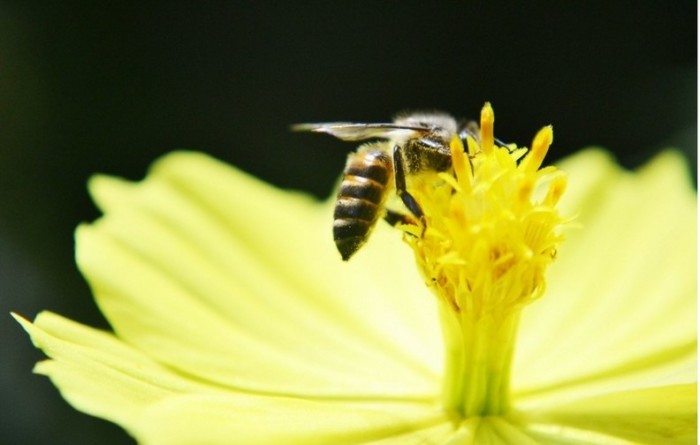This is ApiNZ’s response to the recent opinion piece on Stuff: ‘Bugman: Honeybees are an invasive threat to native bees.’
Bugman Ruud Kleinpaste certainly knows how to get a rise out of people, with more than a few beekeepers getting hot under their protective veils with his recent article titled “Honeybees are an invasive threat to native bees.”
We at Apiculture New Zealand are unashamedly here to stick up for the hard-working honey bee and believe that native bees and honey bees can live in harmony, and that there’s room for all.
As Ruud pointed out in his article and in previous articles, the honey bee is by the far the world’s most important pollinator of human food crops, with about one-third of our food having some input from these insects.
Honey bees also produce that amazing and nutritious food source, honey, which is one of the oldest, natural foods known to humans. Today, there’s a lot more uses of honey beyond spreading it on your toast and adding to the hot, soothing lemon drink. Increasingly, we are seeing New Zealand honey, particularly mānuka honey, widely used in supplements, in skincare, and in exciting new developments around medicinal products including wound dressings.
But enough about the honey, let’s get back to the honey bee.
In New Zealand, their role as pollinators is critical, particularly in the production of our growing horticulture industry, including apples, pears, kiwifruit and stone fruit, as well as the commercial vegetable seed industry and indeed the clover pollination of all our farmlands.
Honey bees tend to be in these types of place whereas the native bees seem to prefer a more undisturbed landscape. As a vital link in food change, honey bees are a big part of helping this country provide food for both here in New Zealand and abroad, and are a huge boost to our country’s export earnings.
We think that’s nothing to be ashamed about and much that should be celebrated. In fact, that’s exactly what’s happening in September with Bee Aware Month, celebrating all bees and their role as pollinators. We’re also strong supporters of Trees for Bees research which supports smart planting for healthy bees.
Finally, let’s not forget the enjoyment and pleasure hobbyist beekeepers around the country get from having bees and producing their own honey. The growth of beehive numbers around the country includes a lot of New Zealanders looking to enjoy a few hives in their backyards. In the last 12 months alone we’ve seen around 1800 new people taking up beekeeping and registering as hobbyists.
We think there’s a place for the honey bee and the native bee, and as Ruud himself admits, the truth is we know little about the native bee. It’s great that we’re starting to see research on the native bee but let’s get more facts about them before we turn on the honey bee. Our friendly little bees are certainly no bully in the ‘bee world.’

